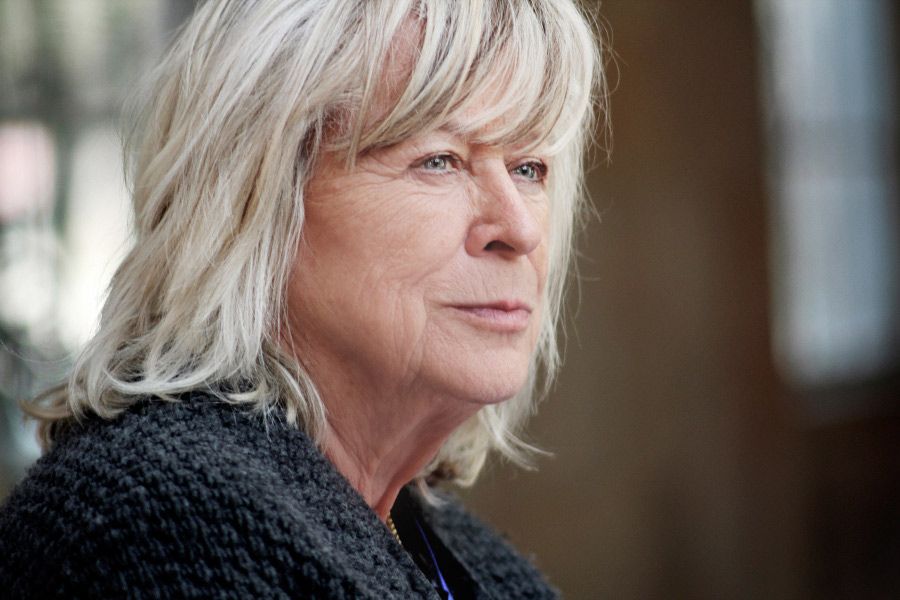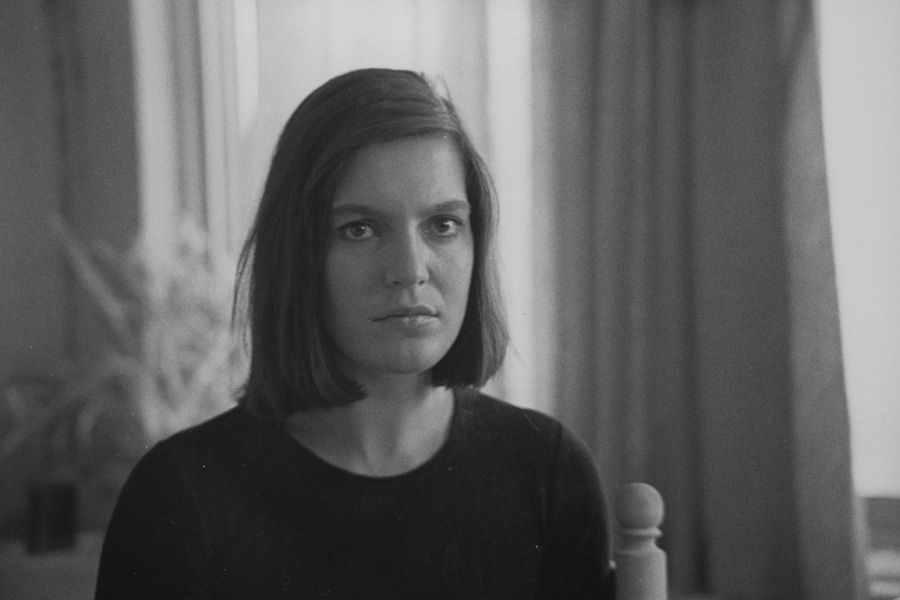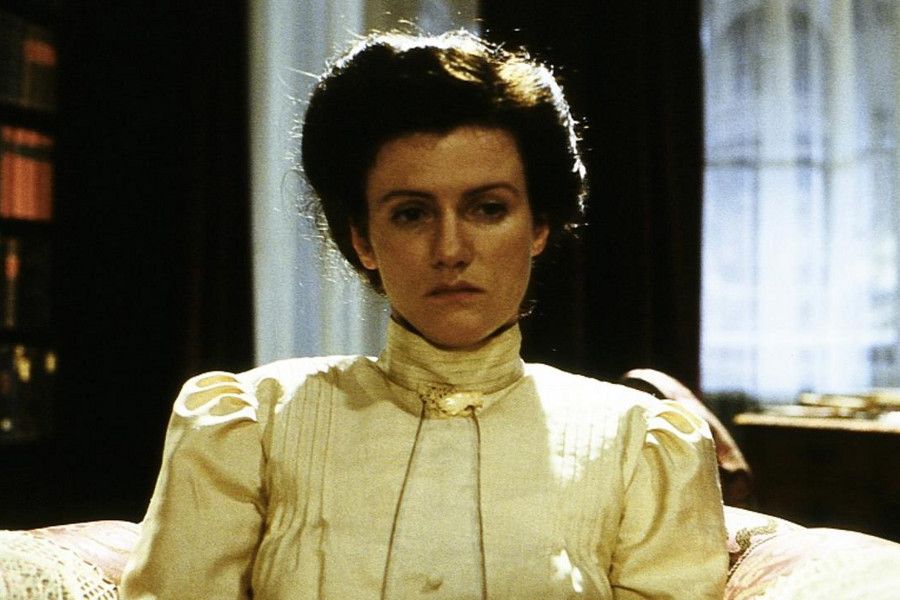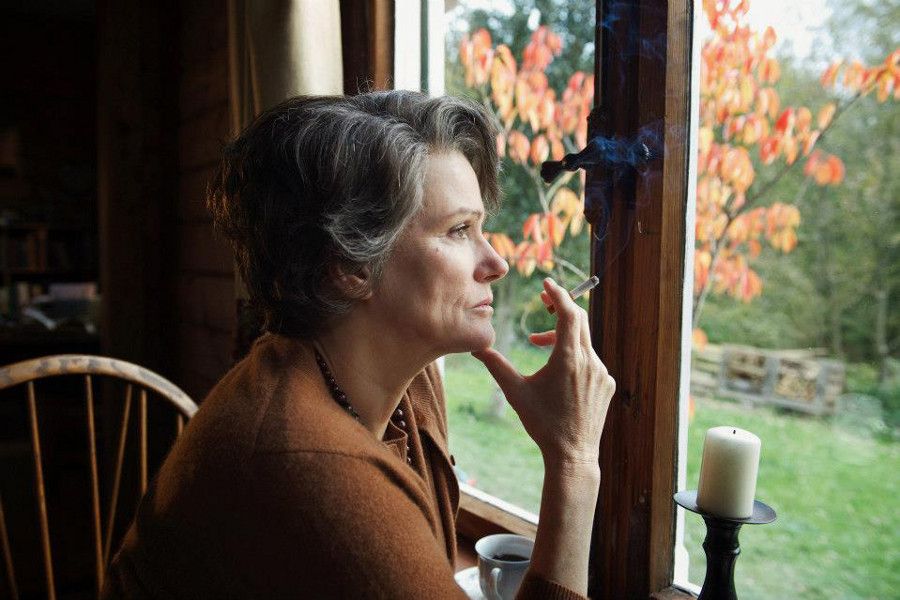Starting in the early 1960s until the 1980s, Germany experienced a surge in the country’s film movement. The New German Cinema, as it is called, included such notable names as Rainer Werner Fassbinder, Werner Herzog, and Volker Schlöndorff. Included in that illustrious and influential group is Margarethe von Trotta. She has been described as Germany’s leading female filmmaker. Trotta has a unique perspective when compared to her male counterparts. She uses her films to highlight the stories of strong women, often in political scenarios, to the big screen. Let’s learn German with the works of filmmaker Margarethe von Trotta.
About Margarethe von Trotta
Margarethe von Trotta was born in Berlin, Germany on February 21, 1942. From early on, film was apart of her life. In the 1960s she left Germany for France where she took part in film collectives working as both a screenwriter and a director.
Her debut film, The Lost Honor of Katharina Blum, was a collaboration with her then-husband. But within a few years, von Trotta was writing and directing her own films solo.
The Lost Honor of Katharina Blum (Die verlorene Ehre der Katharina Blum)
Based on the Heinrich Böll novel of the same name, Die verlorene Ehre der Katharina Blum was co-directed by Volker Schlöndorff and Margarethe von Trotta, to whom he was married until 1991. After Katharina meets a charming man at a party and spends the night with him. As a result, she becomes the focus of media attention. The man is an alleged leftist terrorist who has committed a bank robbery. And he has disappeared without a trace. The police and the tabloids descend upon Katharina.
It should be noted that the film, as well as the book, both open with the cheeky note: “The characters and action in this story are purely fictitious. Should the description of certain journalistic practices result in a resemblance to the practices of Bild-Zeitung, such resemblance is neither intentional, nor fortuitous, but unavoidable.”
Rosa Luxemburg (Die Geduld der Rosa Luxemburg)
Actress Barbara Sukowa — a favorite and frequent star in the films of both von Trotta and filmmaker Werner Rainer Fassbinder — won best actress at both the Cannes Film Festival and the German Film Awards for her portrayal of Rosa Luxemburg in the film of the same name. The 1986 film focuses on the impact of Luxemburg, a Polish socialist and Marxist. Luxemburg becomes a political leader in Germany, her naturalized homeland, in the era leading up to and after World War I.
Hannah Arendt
2012’s Hannah Arendt again stars actress Barbara Sukowa as the title character. Arendt was a political theorist who escaped Nazi Germany in 1933. The film focuses on Arendt’s coverage for The New Yorker of the 1961 trial of Adolf Eichmann. It was for that article that Arendt coined and popularized the phrase “the banality of evil.” Margarethe von Trotta digs deeper into the backstory and the politics in the film.
Practice practice practice! Discover other great German language actors and actresses previously featured.
This page contains affiliate links.



